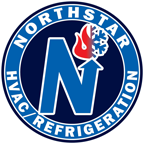
Northstar University
Welcome to Northstar University, your go-to resource for the latest in HVAC and refrigeration technology. Here, we provide expert articles on compliance, energy efficiency, sustainability, industry trends, client success stories and essential maintenance tips. Stay ahead with insights from Northstar Refrigeration, the leader in HVAC and refrigeration solutions.
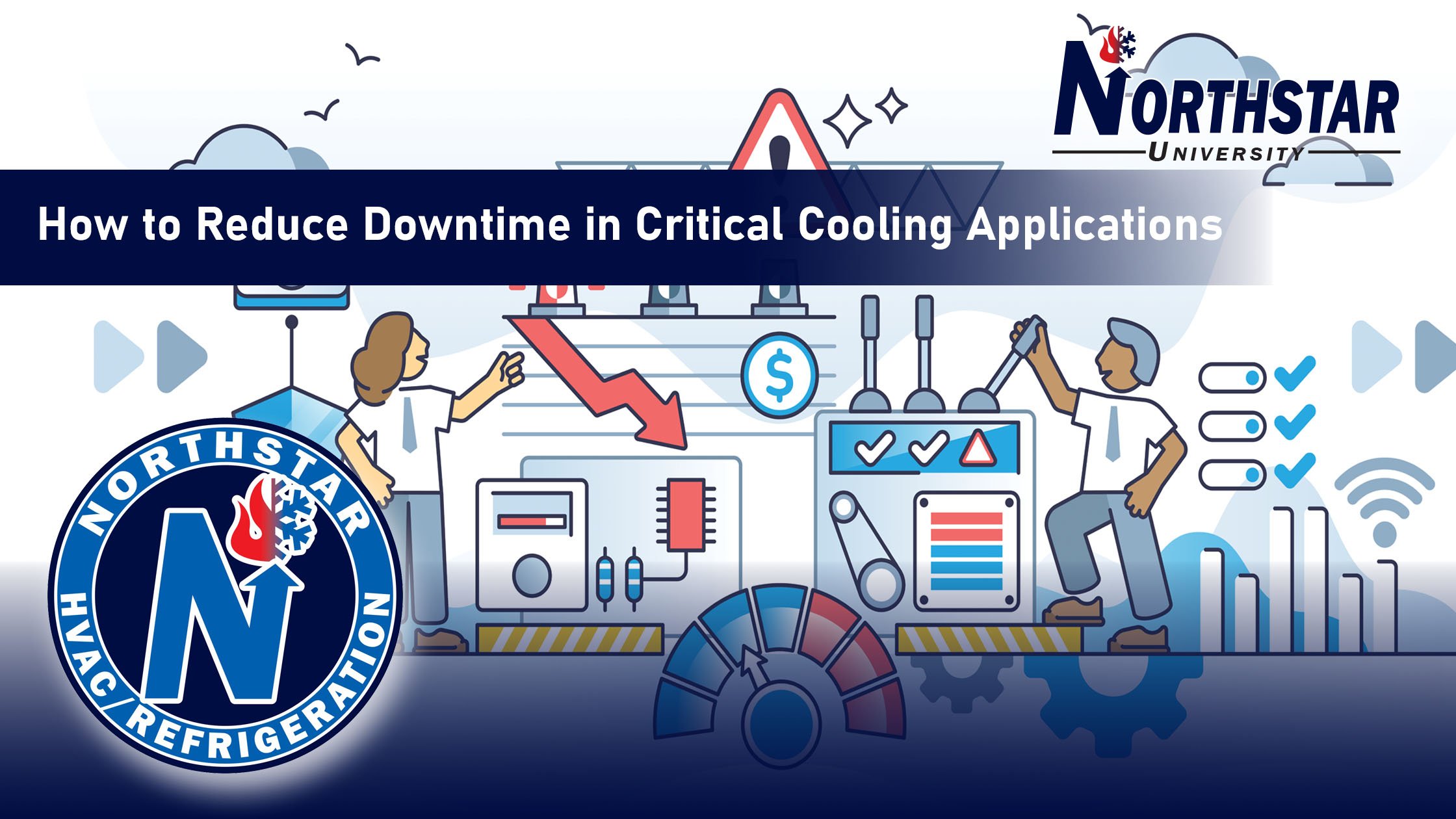
How to Reduce Downtime in Critical Cooling Applications
For industries that rely on critical cooling applications—such as food processing facilities, data centers, pharmaceuticals, and cold storage warehouses—downtime is not an option. Any interruption in cooling can lead to product spoilage, equipment damage, data loss, or costly production halts. Reducing downtime is essential not only for operational reliability but also for protecting profitability and maintaining regulatory compliance.
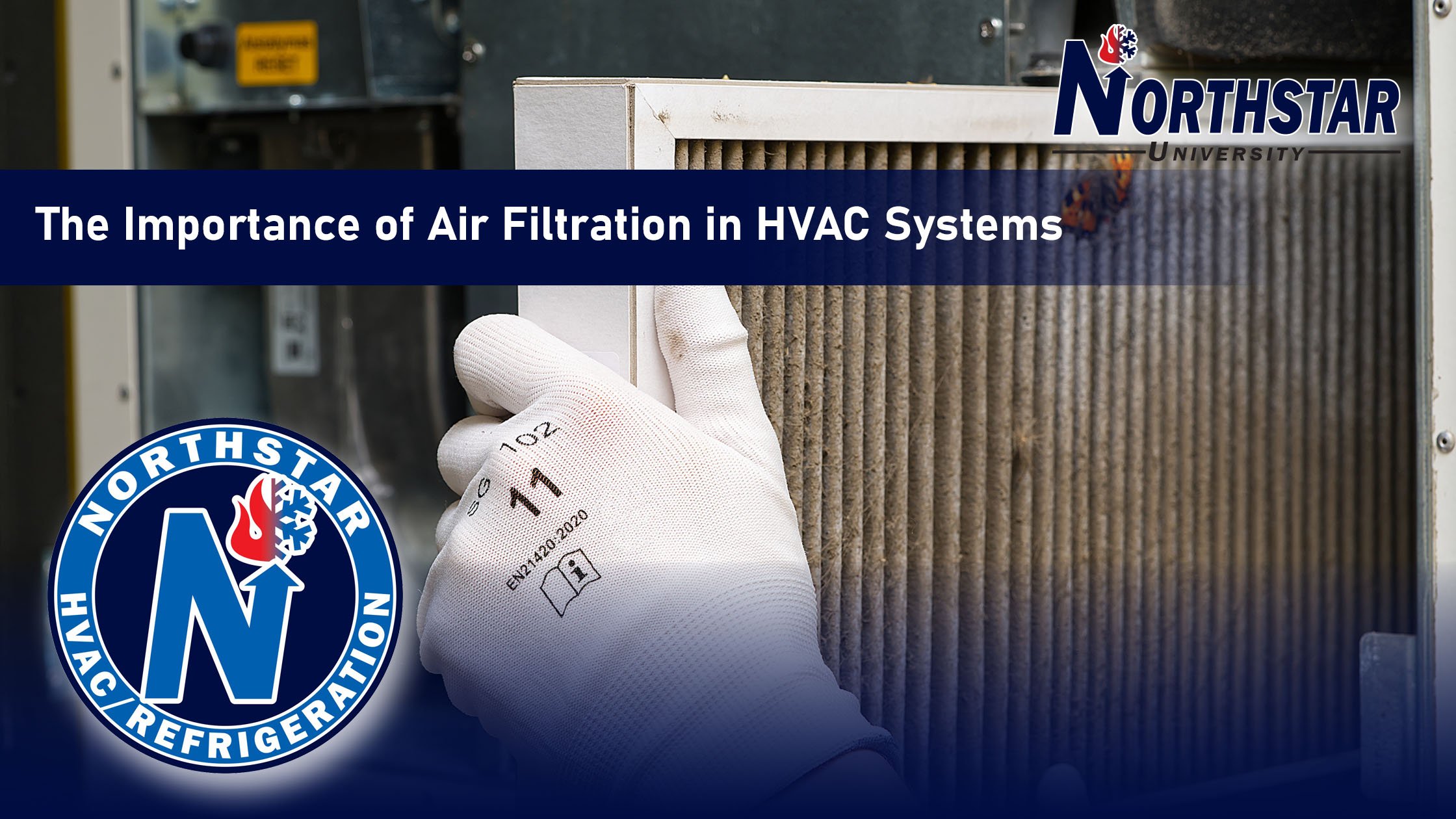
The Importance of Air Filtration in HVAC Systems
In today’s commercial and industrial spaces, air quality and energy efficiency are more critical than ever. While HVAC systems are essential for maintaining comfortable indoor temperatures, their ability to deliver clean, healthy air is equally important. At the heart of this process is proper air filtration.
Whether you manage an office building, manufacturing facility, hospital, or school, understanding the role of air filtration in your HVAC system can help improve occupant health, system performance, and energy savings.

Natural Refrigerants: Why the Industry is Shifting to Ammonia and CO₂
The refrigeration industry is undergoing a major transformation as businesses move away from high-global warming potential (GWP) refrigerants toward natural refrigerants like ammonia (R-717) and carbon dioxide (CO₂, R-744). With stricter environmental regulations, rising energy costs, and increasing sustainability commitments, these natural alternatives are proving to be the future of refrigeration.
While Europe has led the charge in adopting ammonia and CO₂ systems, the United States is now catching up, with new policies such as the American Innovation and Manufacturing (AIM) Act and upcoming HFC phase-downs accelerating the transition.
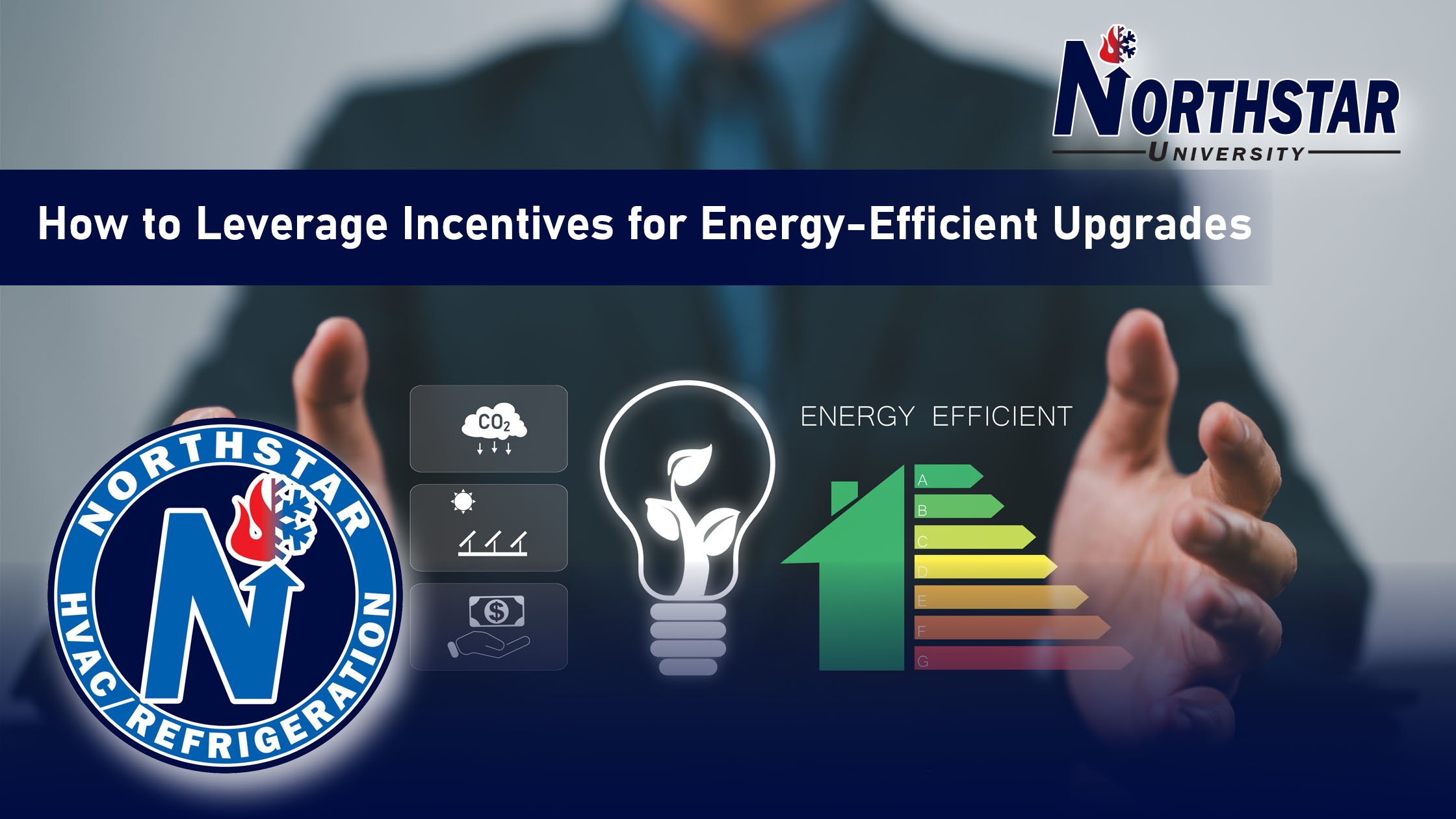
How to Leverage Incentives for Energy-Efficient Upgrades
Upgrading to energy-efficient HVAC and refrigeration systems is a smart investment that reduces energy costs, improves system performance, and supports sustainability initiatives. However, one of the biggest hurdles for businesses considering these upgrades is the upfront cost. Fortunately, rebates, tax credits, and financial incentives can significantly offset these costs, making energy-efficient upgrades more accessible and cost-effective.
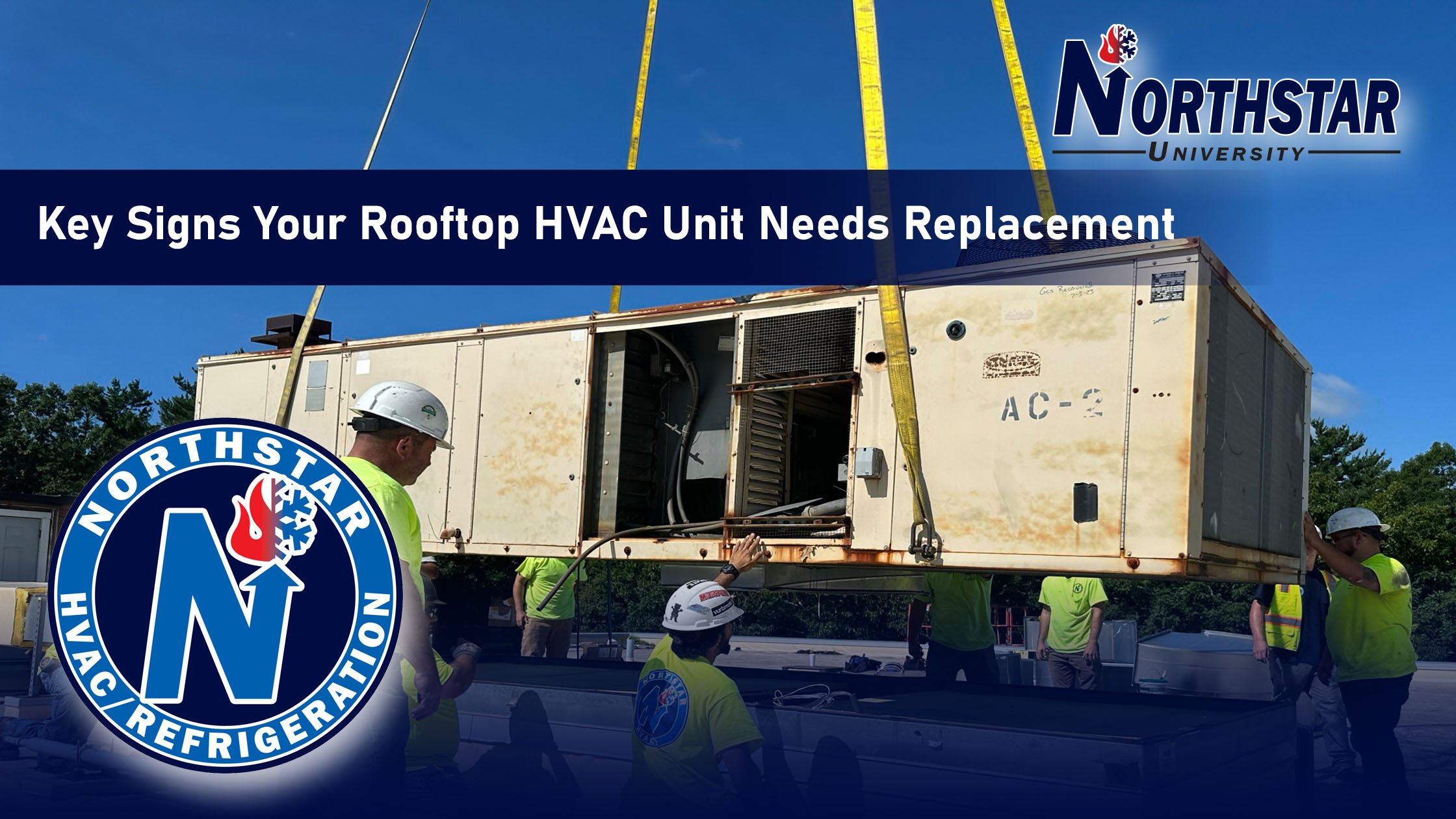
Key Signs Your Rooftop HVAC Unit Needs Replacement
Rooftop HVAC units (RTUs) are essential for maintaining indoor comfort in commercial and industrial buildings. However, like all mechanical systems, they have a finite lifespan and will eventually require replacement. Waiting too long to replace an aging or failing RTU can result in higher energy costs, reduced efficiency, frequent breakdowns, and uncomfortable indoor conditions.
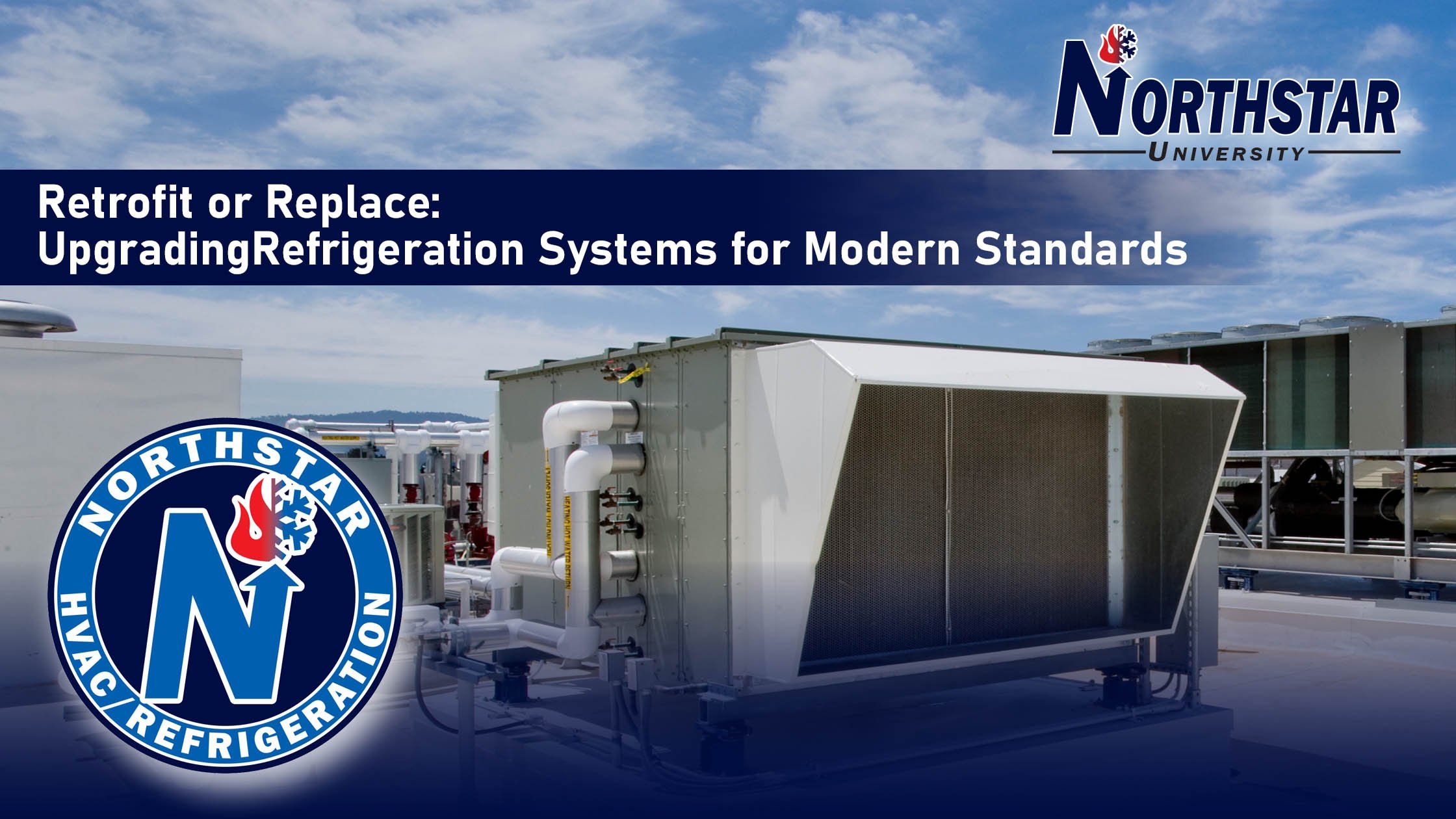
Retrofit or Replace: Upgrading Refrigeration Systems for Modern Standards
As refrigeration technology continues to evolve, businesses face an important decision: Should you retrofit your existing refrigeration system or replace it entirely? With new environmental regulations, energy efficiency requirements, and advancements in system design, upgrading your refrigeration system is no longer just about maintaining performance—it’s about future-proofing your business.
In this blog, we’ll explore the key factors to consider when deciding between retrofitting and replacing your refrigeration system, the benefits of each option, and how to ensure your facility meets modern industry standards.
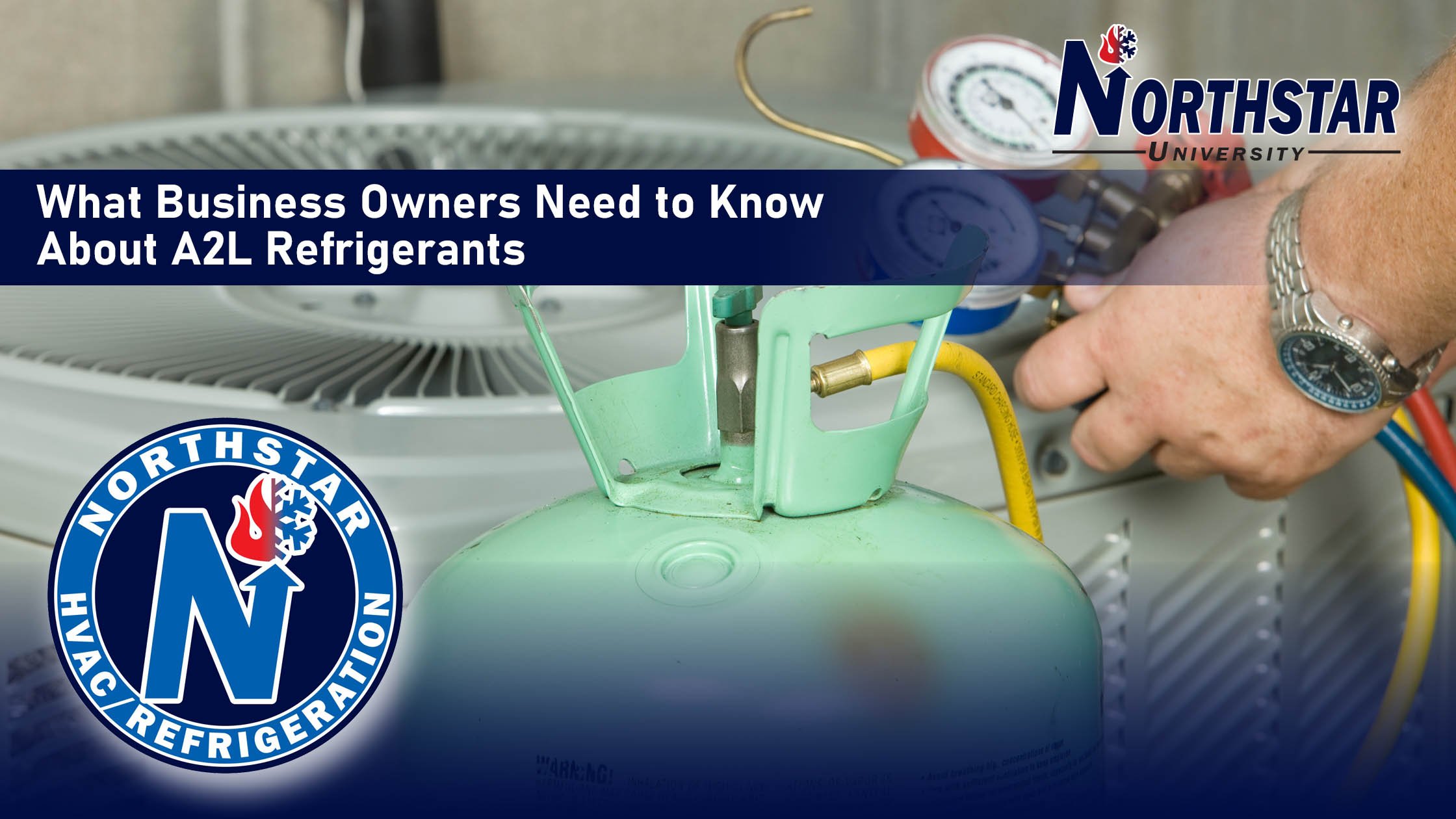
What Business Owners Need to Know About A2L Refrigerants
The HVAC and refrigeration industry is undergoing a major transition with the phase-down of high-global warming potential (GWP) refrigerants. In 2025, new regulations will require businesses to shift towards A2L refrigerants, a new class of low-GWP, mildly flammable refrigerants designed to comply with environmental standards while maintaining energy efficiency.
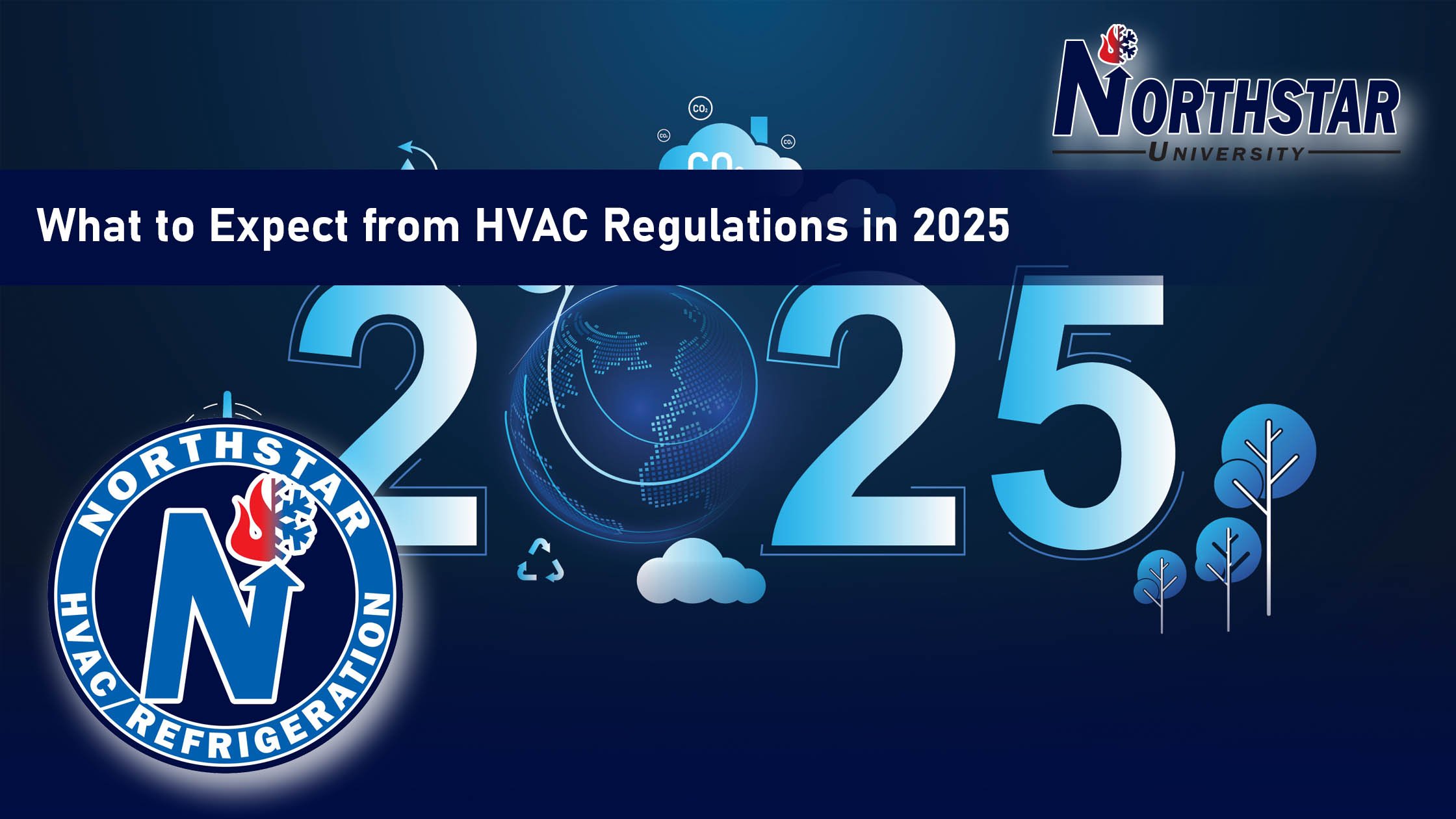
What to Expect from HVAC Industry Regulations in 2025
The HVAC industry is undergoing significant regulatory changes as governments and industry leaders push for greater energy efficiency, reduced environmental impact, and improved system performance. As we move into 2025, new regulations will impact equipment manufacturers, contractors, and building owners, shaping the way HVAC systems are designed, installed, and maintained.
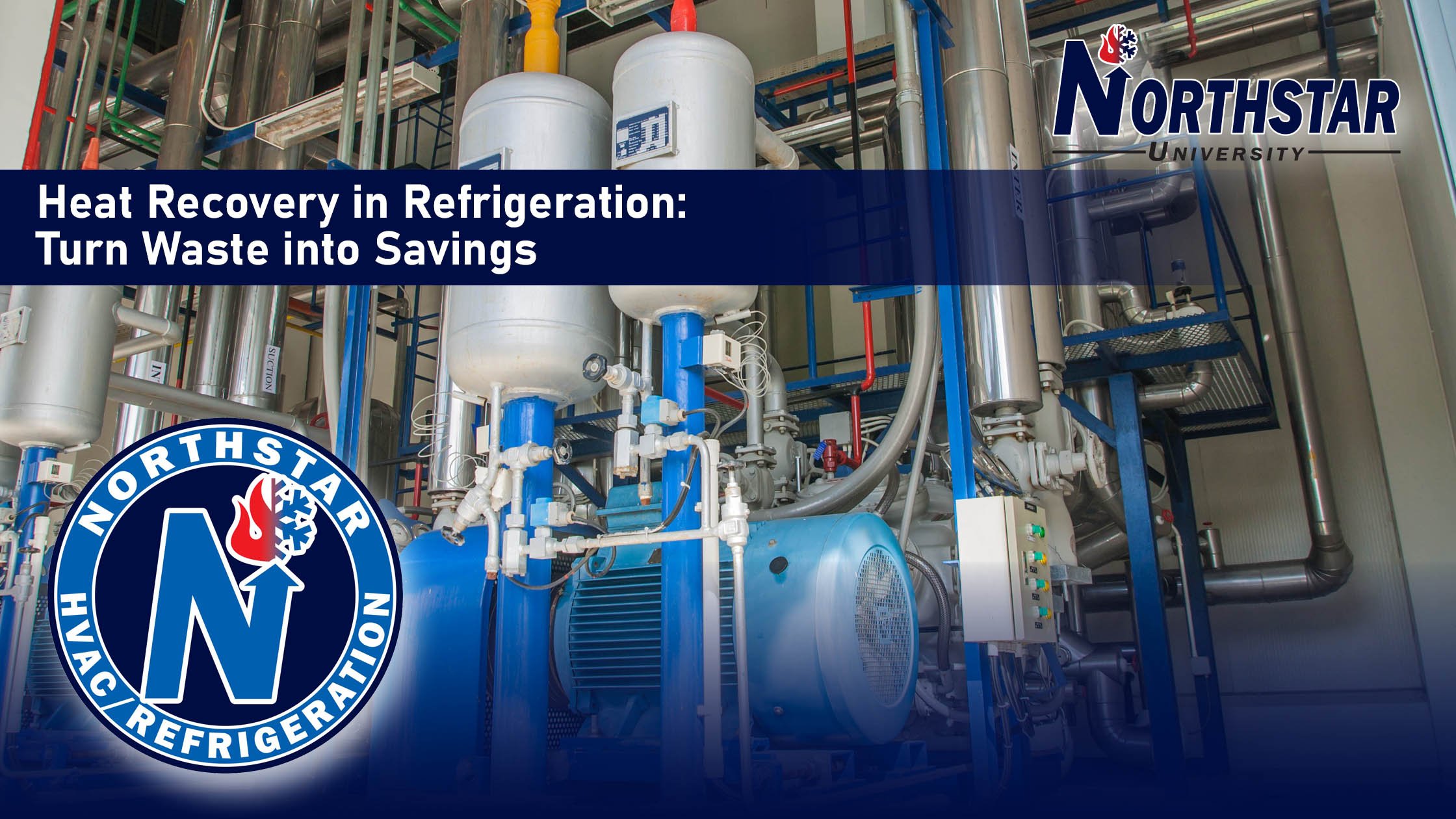
Heat Recovery in Refrigeration: Reducing Waste and Saving Energy
Refrigeration systems are essential in industries like food processing, pharmaceuticals, and manufacturing. However, they are also among the most energy-intensive systems in operation. The good news is that modern refrigeration systems now incorporate heat recovery technology to repurpose waste heat, significantly improving energy efficiency and reducing operational costs.
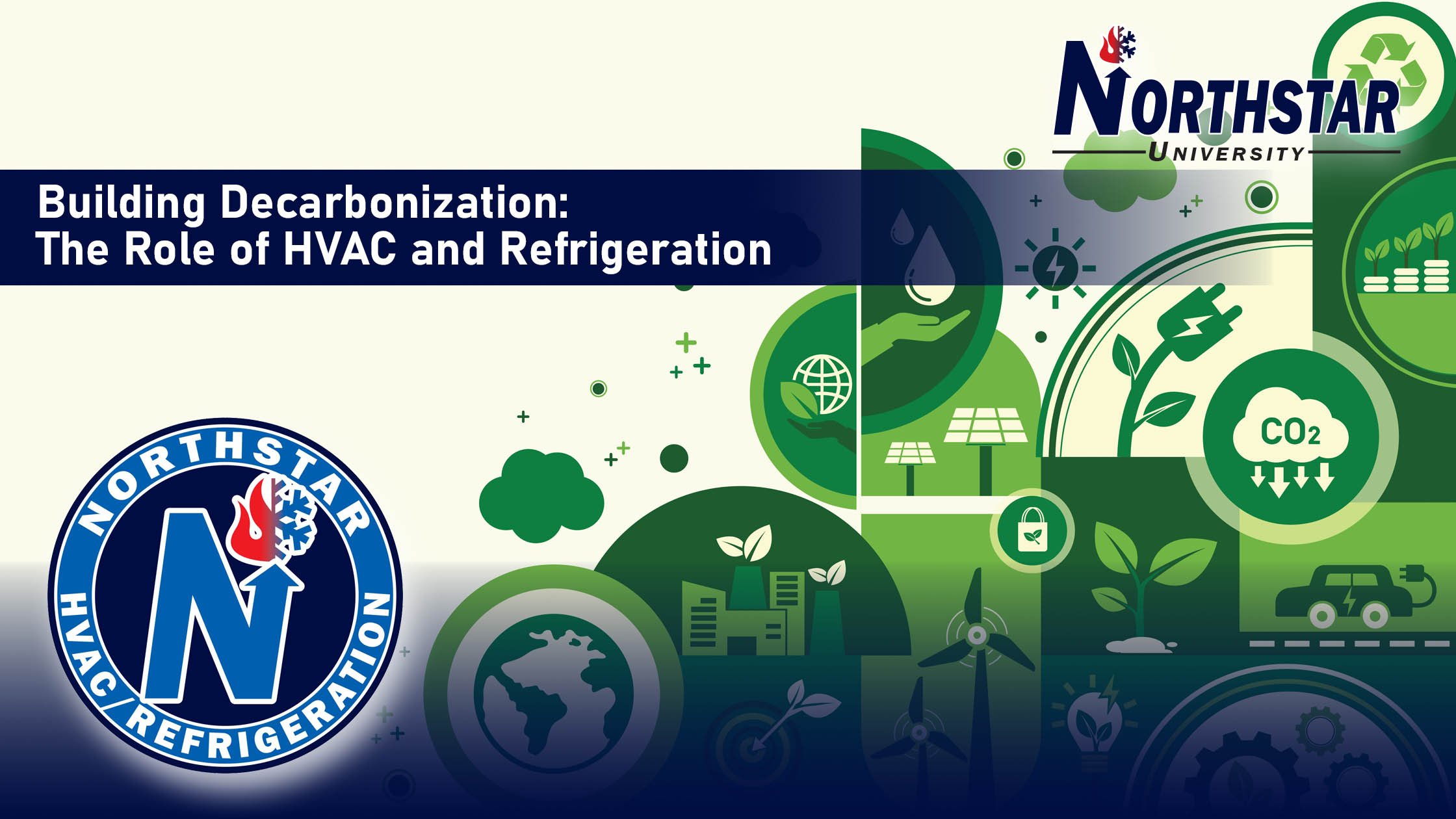
Building Decarbonization: The Role of HVAC and Refrigeration
As industries and governments prioritize climate action, decarbonizing buildings has become a key focus in reducing global greenhouse gas (GHG) emissions. According to the U.S. Department of Energy, buildings account for approximately 40% of total energy use in the United States, with HVAC and refrigeration systems making up a significant portion of that energy demand. Transitioning these systems to greener technologies is essential to achieving carbon neutrality.
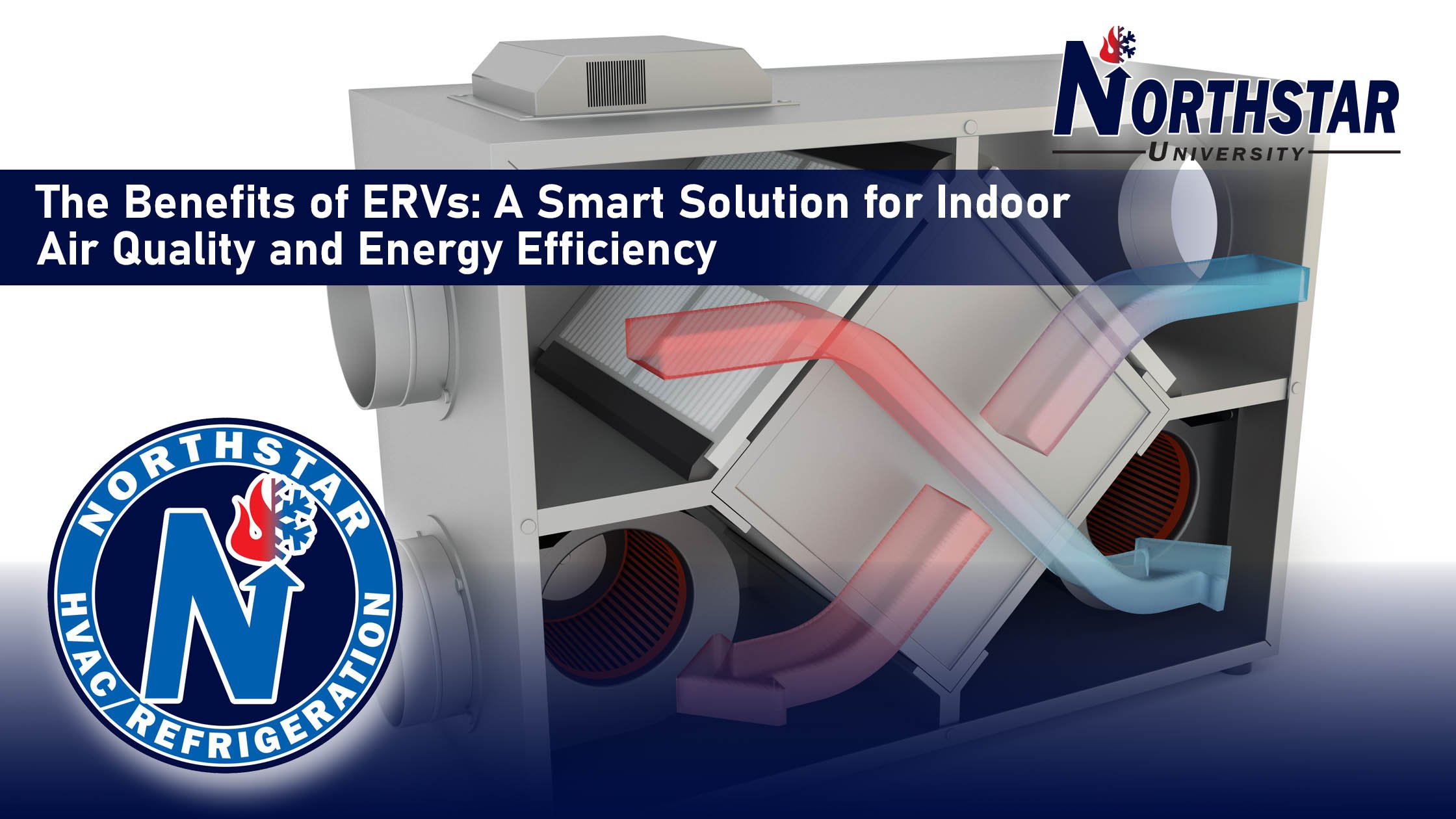
The Benefits of Energy Recovery Ventilators (ERVs): A Smart Solution for Indoor Air Quality and Energy Efficiency
Maintaining a healthy indoor environment while keeping energy costs in check is a challenge for many commercial and industrial facilities. One effective solution is the Energy Recovery Ventilator (ERV), a system designed to improve indoor air quality while reducing energy consumption. ERVs are becoming an essential component of modern HVAC systems, especially in buildings aiming to balance ventilation needs with sustainability goals.

How to Optimize Your Cold Storage Facility for Energy Efficiency
Cold storage facilities are critical for industries like food processing, pharmaceuticals, and logistics, but they are also among the most energy-intensive operations. Optimizing energy efficiency in these facilities not only reduces operational costs but also contributes to sustainability goals. Here’s how you can optimize your cold storage facility for maximum energy efficiency.
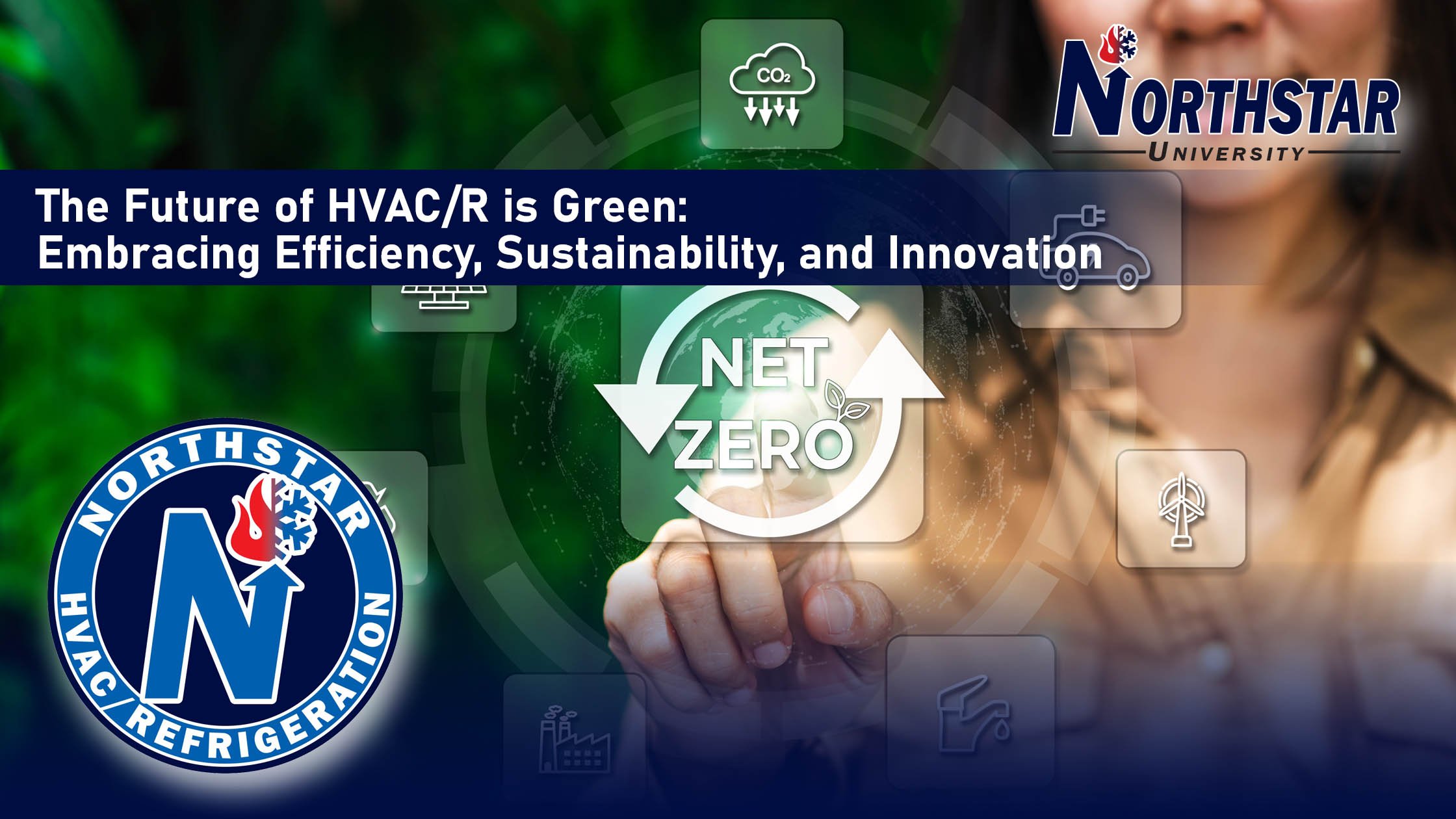
The Future of HVAC/R is Green: Embracing Efficiency, Sustainability, and Innovation
The HVAC/R (Heating, Ventilation, Air Conditioning, and Refrigeration) industry is at the forefront of a green revolution. As global priorities shift toward energy conservation and sustainability, HVAC/R professionals and manufacturers are embracing innovative solutions to reduce environmental impact while meeting the demands of rising energy costs, evolving government policies, and customer expectations.

Navigating BERDO 2.0: Preparing Your Building for 2025 and Beyond
As the clock ticks closer to 2025, Boston’s Building Emissions Reduction and Disclosure Ordinance (BERDO 2.0) is top of mind for building owners and managers overseeing properties over 35,000 square feet. This ambitious local law aims to reduce greenhouse gas (GHG) emissions and tackle air pollution, paving the way for a greener Boston. Failure to comply could result in hefty fines, so preparation is key.
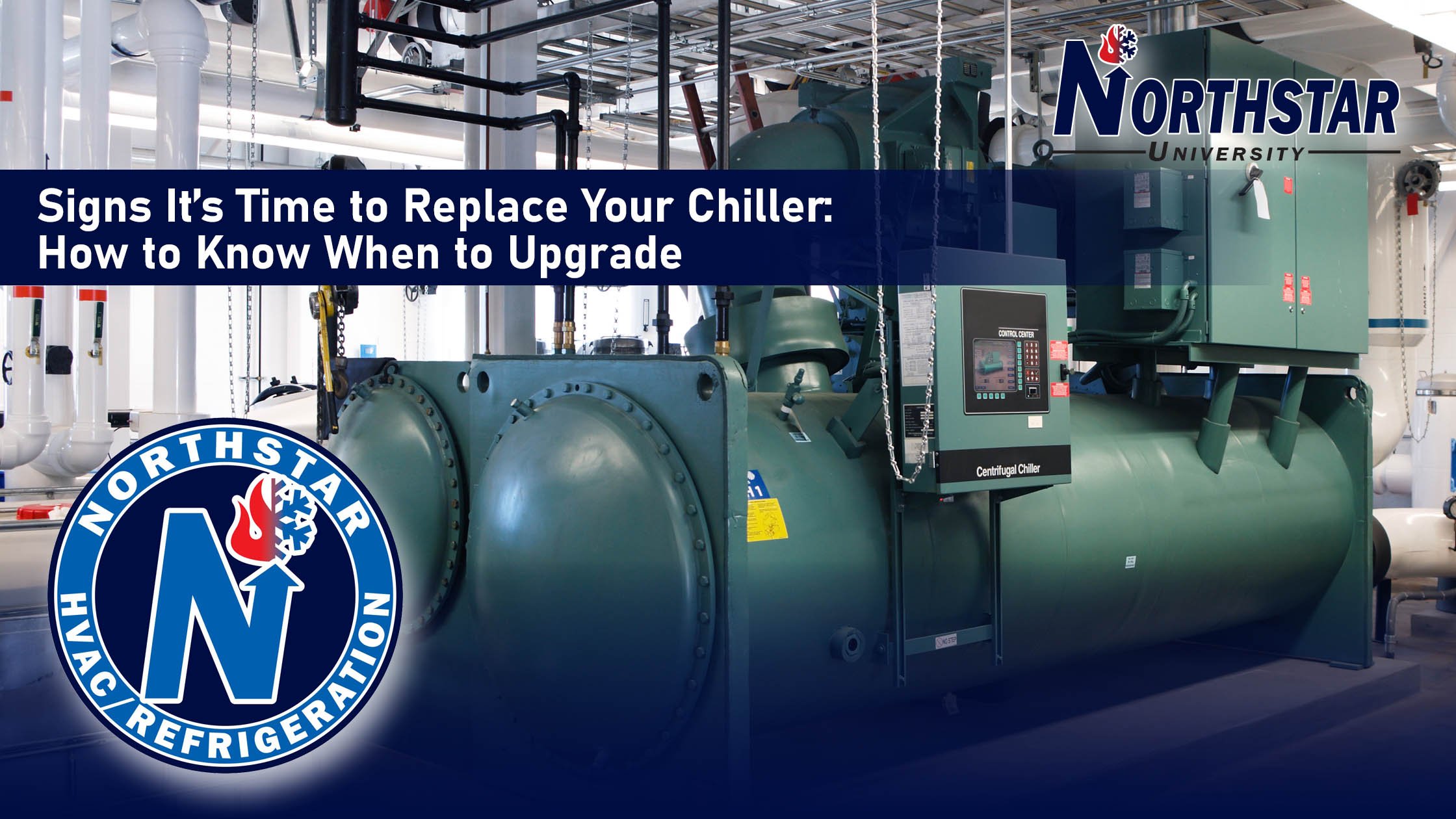
Signs It’s Time to Replace Your Chiller: How to Know When to Upgrade
Chillers are a cornerstone of many commercial and industrial operations, responsible for providing efficient cooling to processes, equipment, and spaces. However, like all mechanical systems, chillers have a finite lifespan and knowing when to replace your unit can save you significant money, time, and headaches. Waiting too long can lead to higher energy bills, frequent breakdowns, and reduced efficiency, while upgrading at the right time ensures reliable operation and long-term savings.

The Importance of Dehumidification in Ice Skating Rinks
Ice skating rinks are unique environments that require precise climate control to maintain optimal ice quality, structural integrity, and the comfort and safety of skaters and spectators. One critical aspect of this control is dehumidification. Without proper humidity management, ice rinks face a host of problems, from foggy arenas to structural damage and unsafe skating conditions.

7 Common Heat Pump Myths Debunked: Separating Fact from Fiction
Heat pumps are becoming an increasingly popular choice for heating and cooling homes and businesses due to their energy efficiency and versatility. However, despite their growing adoption, many misconceptions still surround heat pumps, leaving potential users uncertain about whether they’re the right choice. In this blog post, we’ll address and debunk some of the most common heat pump myths, giving you the information you need to make an informed decision.

The Importance of Air Filters in HVAC Systems: A Guide to Cleaner Air and Better Efficiency
Air filters are the first line of defense for your HVAC system. They trap dust, dirt, allergens, and other particles from the air before it enters the system.
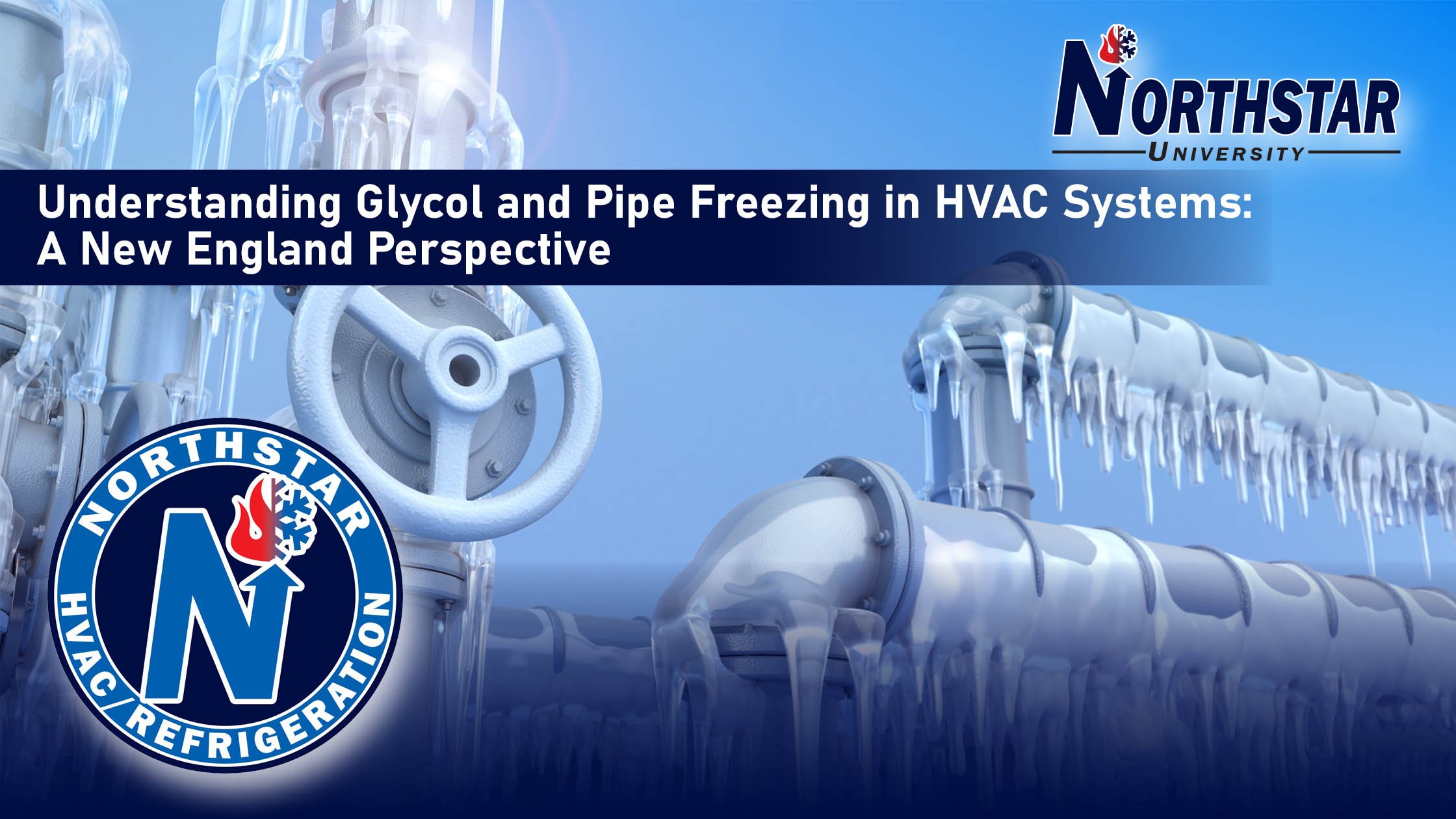
Understanding Glycol and Pipe Freezing in HVAC Systems: A New England Perspective
In New England’s cold climate, HVAC systems must be designed to withstand harsh winters while operating efficiently. One critical component of cold-weather HVAC design is the use of glycol in hydronic systems to prevent pipe freezing. Glycol plays a pivotal role in protecting equipment, ensuring longevity, and maintaining efficiency, but it comes with specific considerations that need to be addressed during system design, installation, and maintenance.

The Best HVAC Units for Energy Efficiency: What to Look For
Energy efficiency is a top priority for homeowners and businesses looking to reduce their energy costs and minimize their environmental footprint. While all major HVAC manufacturers offer energy-efficient product lines, understanding the key features that contribute to efficiency will help you make an informed decision when choosing the best HVAC unit for your needs. This article will guide you through the most important elements to consider when evaluating energy-efficient HVAC systems.

